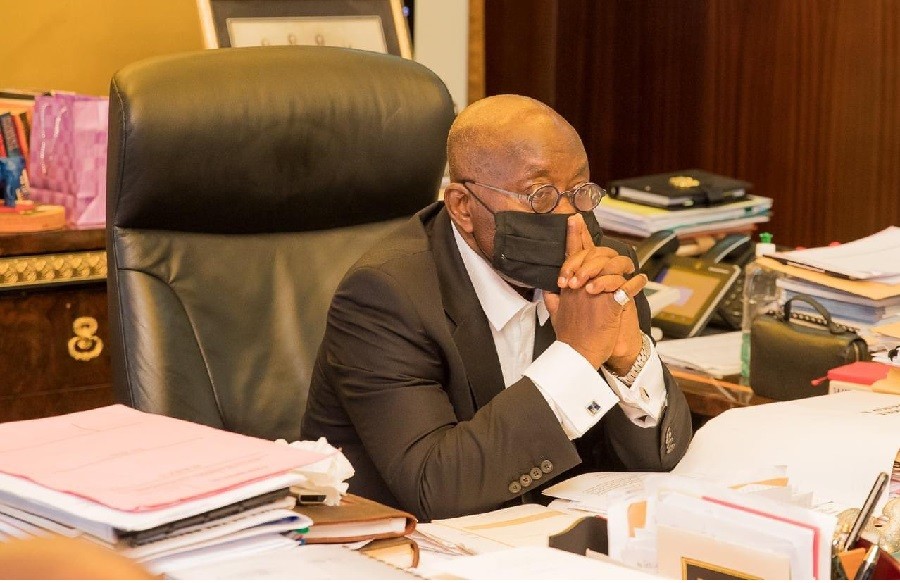Trouble For Investors As Ghana Suspends Debt Service Payments Of Eurobonds, Commercial Loans, Others
The Government of Ghana has suspended debt service payments for its Eurobond loans, commercial loans, and bilateral debts.
The Ghanaian Ministry of Finance made the announcement through a statement posted on its website on Monday.
Advertisement
This means investors in Ghana bonds will be affected as they will not receive any coupon payments until the situation is addressed.
Investors with Ghanaian bonds who mark to market will take loss provisions this year as a result of this announcement.
Ghana bond prices are also likely to tank in the wake of this announcement.
This again throws up concern around sovereign debts, especially foreign-denominated ones often thought to be risk-free.
Advertisement
The government said it is suspending all debt service payments under specific categories of its external debt, pending an orderly restructuring of the affected obligations.
The statement reads in part, “That is why we are announcing today a suspension of all debt service payments under certain categories of our external debt, pending an orderly restructuring of the affected obligations.
“This suspension will include the payments on our Eurobonds; our commercial term loans; and most of our bilateral debt.
“We are also evaluating certain specific debts related to projects with the highest socio-economic impact for Ghana which may have to be excluded. This suspension is an interim emergency measure pending future agreements with all relevant creditors.
“This suspension will not include the payments of our multilateral debt, new debts (whether multilateral or otherwise) contracted after 19th December 2022, or debts related to certain short-term trade facilities.”
Advertisement
According to the ministry, the country is faced with a major economic and financial crisis, that has negatively impacted its fiscal and economic situation.
It also stated that global risk aversion has triggered large capital outflows, a loss of external market access, and rising domestic borrowing costs all of which as contributed to severe exchange rate depreciation and a galloping inflation rate.
Ghana is also stating that the current crisis has impacted its financial resources, especially its external reserves which it claims it needs to preserve.
“As it stands, our financial resources, including the Bank of Ghana’s international reserves, are limited and need to be preserved at this critical juncture.
“In the interim, additional emergency measures are necessary to prevent a further deterioration in the economic, financial, and social situation in Ghana.”
THE WHISTLER had on December 5 reported that Ghana was about to commence a domestic debt swap where bonds issued locally will be exchanged for new ones.
Advertisement
Ghana has been plagued by a debt management crisis of $54.4bn, up from $32bn in 2017.
The IMF projects Ghana’s debt-to-GDP ratio will rise to 90.7 per cent by the end of 2022 from 31.3 per cent in 2011.
The Ceddi has plunged more than 50 per cent against the US dollar in 2022.
Inflation in Ghana has hit a 21-year-high, while the central bank lifted the lending rate to 27 per cent in November.
The Ghanaian authority said it has also assessed the impact on debt holders, adding it is committed to Ghanaians and the investor community.



